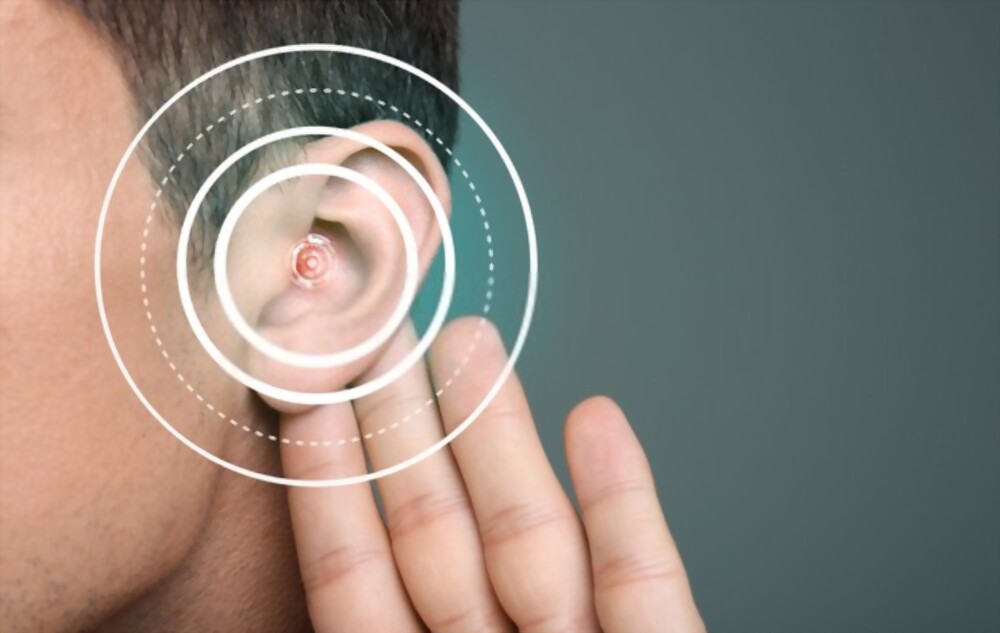Hearing Test: Purpose, Procedure, and Results

Although loss of hearing is usually associated with ageing, people of all ages can be affected by impaired hearing from babies to seniors. Loss of hearing can be hereditary, or can be influenced by environmental reasons such as constant exposure to high sound levels, loud music and more.
The symptoms of hearing loss may include having trouble hearing conversations, understanding the advice given by the doctor, hearing warning sounds like alarms, hearing on the phone or trouble picking up the sound of the doorbell.
About one in three people have age related hearing loss. Those between the ages of 65 and 74 have varying degrees of hearing loss issues, and around half of those from 75 and older have impaired hearing ability.
Tips for carers, friends and family members
Understanding how hard it is for people with a loss of hearing is important. Being compassionate can encourage them to seek advice and a test by hearing professionals – such as those at ACE Audiology Ivanhoe and Bulleen.
The Purpose of Hearing Testing
The purpose of a hearing test is to diagnose your level of hearing loss. Tests using an audiometer include pure tone audiometry and speech discrimination tests. There are special tests for hearing loss in children.
The tests can detect early signs of hearing loss and assess your level of difficulty. Hearing tests assess your ability to hear the pitch and loudness of sounds.
The results of tests are charted on a graph called an audiogram to help pinpoint the scope and severity of your hearing difficulties.
How to Know if You Need a Hearing Test
If you find you have to turn up the volume on devices, have trouble understanding conversations in background noise, hearing children or soft speakers, need to change the TV volume or you have a constant buzz or ringing in the ears (tinnitus), chances are you need a test. Other signs you may need to have your hearing tested include:
- People complaining that you’re talking too loud
- Asking others to repeat things
One of the problems faced by the doctors, families and friends of people suffering from a loss of hearing is that many refuse to admit to a problem. Instead, they complain that people speak softly or that they are mumbling.
Getting someone to consult a hearing professional may be difficult, but the reason for a test is important so sufferers don’t have to live with the debilitating problem.
Hearing Test Procedure
Hearing tests are painless, with merely the sensation of wearing headphones, and only take 30 to 35 minutes. The test is often done in a soundproof room which can seem a bit unusual but it’s easy to adjust. The soundproofing is to make sure there is no background noise that can interfere with your test.
With your headphones on you will simply press a button when you hear a beep or other sounds played at different points, pitches and frequencies to find out where your hearing gaps are experienced.
Hearing Test Results
Once your test results are completed, the Audiologist will discuss the findings with you. If the tests show you have a loss of hearing, then the level of loss is the first information you will receive. (Sound is measured in decibels dB,and hertz HZ).
- A mild hearing loss is anywhere from 26 to 40 decibels
- Moderate hearing loss is 41 to 55 decibels
- Moderate to severe is 56 to 70 decibels loss
- Severe hearing loss is 71 to 90 decibels
- Profound hearing loss is 91 to 100 decibels
Normal Test Results by Age
A healthy young person’s test results should be in the frequency range of about 16 to 20,000Hz (hertz – which measures frequency – loudness is measured in decibels dB).
Although a ‘normal’ audible range for loudness is from 0 to 100dB, anything above 85dB is thought to be damaging, so it’s best to avoid these loud noises.
As people age, they lose the higher frequencies first but those under the age of 50 should be able to hear the 12,000hz range and people under 40, the 15,000hz range.
How Long Does It Take to Get Test Results
Your results can usually be given after your test. The level of loss will dictate a treatment plan your audiologist may suggest. While the results may be a bit unexpected, your ACE audiologist will sensitively talk you through the next steps in your hearing treatment which may include hearing aids. If a medical issue is detected appropriate referrals will be made.
Hearing Test Australia
Hearing loss has a significant impact on a sufferer’s daily life but at ACE Audiology we have daily living and early intervention programs and procedures whose purpose is to help with the associated isolation experienced by people with untreated or undiagnosed hearing loss.
When hearing loss is well managed, people tend to live happier, healthier and longer lives.
Call us today at ACE Audiology and begin your pathway to better hearing.
